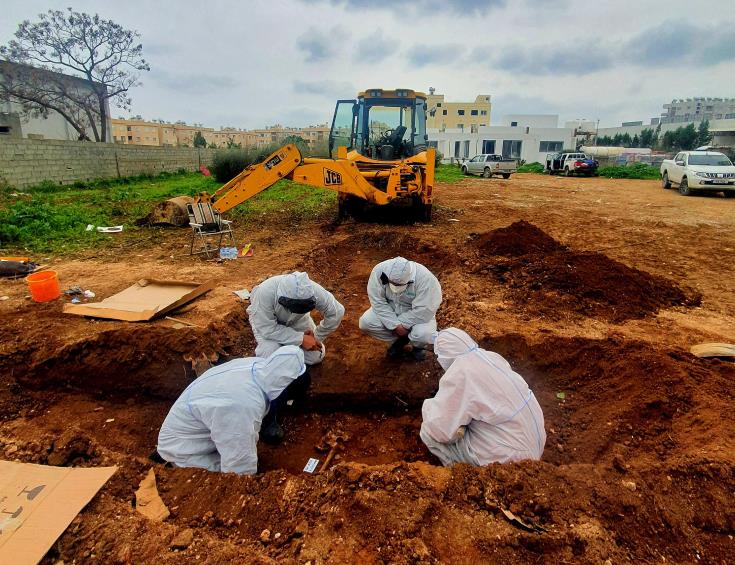Cyprus will release funds of €1.2 mln to identify 2,500 small bones that would help identify Cypriots who disappeared during the Turkish invasion.
Presidential Commissioner Photis Photiou said identifying the bones, which mainly belong to people from the Turkish occupied village of Asha, needs to move forward, even if the Republic has to cover the cost.
It might be beyond the financial capacity of the Committee on Missing Persons in Cyprus (CMP) as each test costs €500.
“We have an obligation to do our utmost, regardless of the outcome of the identification procedure.”
Approximately 750 cases of missing persons, almost 50% of the total cases, are still not resolved.
Photiou pointed out that Turkey still refuses to grant access to the archives of the Turkish army, which would be the safest source of information about the location of mass graves.
“The majority of the bones that we are looking for at the moment have been relocated.”
He said the relocation of remains are mainly associated with the killing of women, children and older people in Asha.
He added that the CMP should proceed with excavations and exhumations in Turkish occupied Dikomo, following the information for relocations coming from the Turkish Cypriot side.
The Commissioner described the issue of the identification of bones (50-60 boxes of them) as an “open wound”.
He said that samples were sent to Spain for tests but did not appear optimistic about the outcome.
900 to be identified
Leonidas Pantelides, the Greek Cypriot Representative in the CMP, announced that 37 persons were identified last year, 29 were missing persons, and 6 were war victims of the Turkish invasion.
According to Pantelides, there was a decrease in CMP’s outcomes in the past months, but he appeared hopeful for a positive change.
The CMP has remains that could identify up to 100 more persons.
Still, 900 more persons on the CMP’s list have not been identified.
Regarding the 2,500 small fragments of bones that have not been identified, the CMP will process the proposal of the Commissioner to allow the process to move forward.
“Every little piece of bone has to be tested separately, as it is very difficult to assembly such small samples and determine to whom they used to belong.”
The Committee is looking for new technologies that will facilitate the research, such as ultrasound radars and drones with special cameras that can locate any differences on the ground of the vegetation.
The recruitment of the expert from Portugal, expected to guide the excavation of a garbage dump, where bones seem to have been relocated, is still pending.
The expert will come to Cyprus for four months to guide CMP staff on handling the matter with a team of four.
He was expected to arrive in August, but his contract has been delayed due to delays in approving his payment.










